Barbacoa Meaning: A Global Spice Tradition You Can't Ignore
If you’ve ever bitten into tender, smoky meat that practically melts in your mouth, chances are you’ve experienced the magic of barbacoa. But what does "barbacoa meaning" really entail? Is it just a style of cooking, or is there more spice to this story?
In this deep dive, we’ll explore the origins, global variations, and spice profiles that make barbacoa a standout tradition in world cuisine.
Table of Contents
- The Origin of Barbacoa
- Barbacoa Across Global Spice Traditions
- Spice Profiles That Define Barbacoa
- How to Cook Like a True Barbacoa Pro
- Visual Comparison: Regional Barbacoa Styles
- Fun Facts & Tips for Spice Lovers
The Origin of Barbacoa
The term barbacoa comes from the Taíno people of the Caribbean, who used a wooden framework called “barabicu” to slow-cook meats over an open flame. Spanish explorers later adopted and adapted the method, eventually spreading it throughout Mexico and beyond.
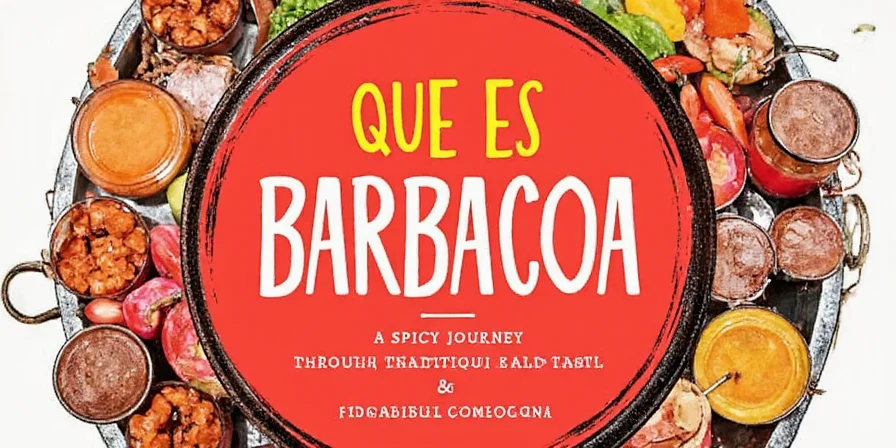
From Indigenous Roots to Modern Kitchens
- Originally used for cooking fish and game meat.
- Became popular in central Mexico for slow-roasting lamb and goat.
- Nowadays, beef and even plant-based versions exist!
Barbacoa Across Global Spice Traditions
While barbacoa meaning might point to Latin American roots, its spirit—slow, low, and flavorful—is echoed around the globe. Let’s take a culinary journey across continents:
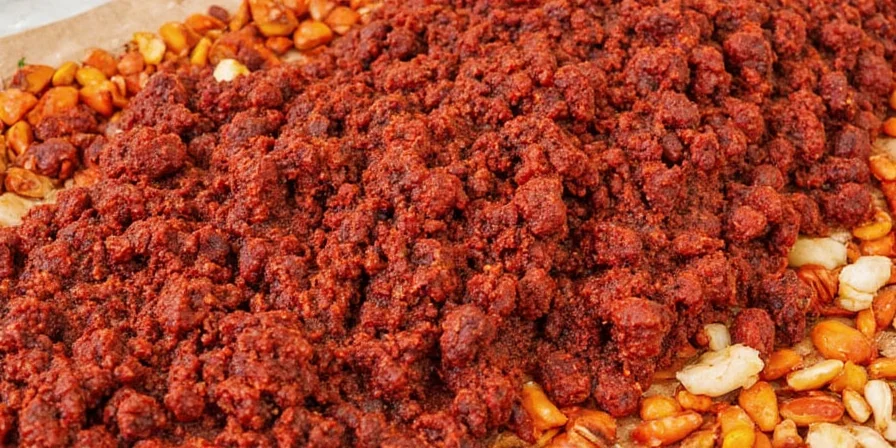
- Mexico: The classic version involving underground pits and aromatic leaves (like maguey).
- Texas BBQ: Similar slow-smoking methods, but with a heavier emphasis on hardwood smoke and regional spice rubs.
- Caribbean Jerk: Spicy marinades and open-fire grilling reminiscent of early barbacoa techniques.
- Korean Galbi: Though not traditionally barbacoa, the slow-marinated grilled ribs share a love for spice and time.
Spice Profiles That Define Barbacoa
What makes barbacoa stand out isn’t just the slow cooking—it’s the blend of spices that infuse every bite. Let’s break down some key players:
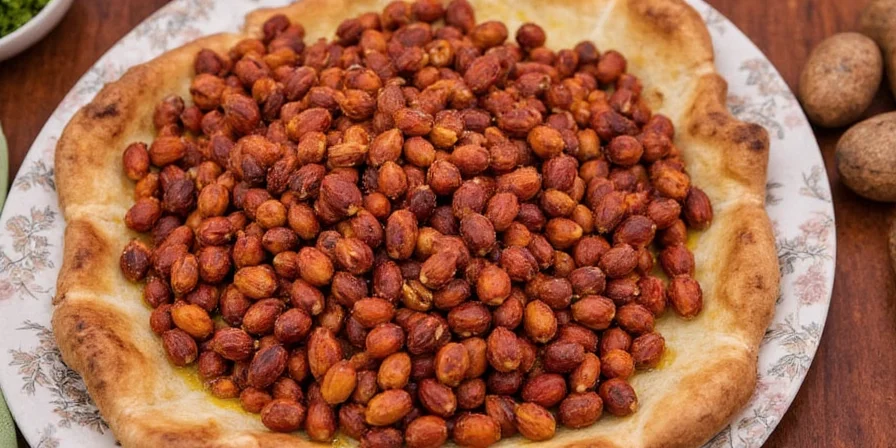
| Spice | Flavor Profile | Origin/Use |
|---|---|---|
| Ancho Chili | Sweet, smoky, slightly fruity | Base for most Mexican marinades |
| Garlic Powder | Pungent, savory | Adds depth to dry rubs |
| Cumin | Earthy, nutty, warm | Used heavily in Northern Mexican barbacoa |
| Oregano (Mexican) | More pungent than Mediterranean oregano | Essential for authentic flavor |
| Lime Juice | Zesty, bright | Often added to balance rich flavors |
Pro Tip: Spice Timing Matters
- Dry spices should be rubbed in well before cooking.
- Acidic elements like lime or vinegar should be added after cooking to avoid toughening the meat.
How to Cook Like a True Barbacoa Pro
You don’t need a pit dug in your backyard to achieve that authentic barbacoa taste. Here's how to do it right at home:
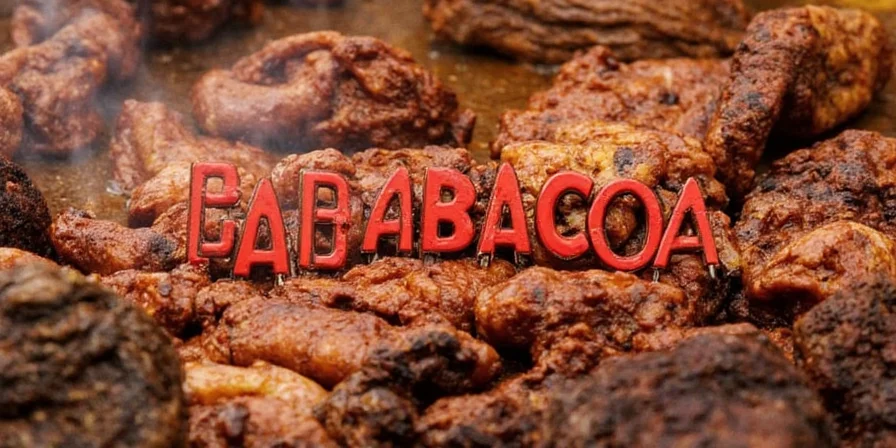
Step-by-Step Guide
- Choose Your Meat: Beef cheek, lamb shoulder, or goat work best.
- Rub Generously: Combine cumin, garlic powder, chili powder, salt, pepper, and a dash of cinnamon for warmth.
- Slow It Down: Wrap in banana leaves (if available) and cook low and slow in the oven or pressure cooker.
- Braise or Steam: Add broth or beer to create steam and keep the meat moist.
- Rest Before Serving: Letting the meat rest ensures juiciness when shredded.
Visual Comparison: Regional Barbacoa Styles
Let’s compare how different cultures interpret the barbacoa meaning:
| Region | Main Meat | Key Spices | Cooking Method | Unique Touch |
|---|---|---|---|---|
| Mexico (Hidalgo) | Lamb or Goat | Ancho, cumin, oregano | Buried underground with hot rocks | Wrapped in maguey leaves |
| Texas, USA | Beef Brisket | Black pepper, paprika, garlic salt | Smoked for hours | Mop sauce bastes during smoking |
| Jamaica | Pork or Chicken | Scotch bonnet, thyme, allspice berries | Grilled or smoked | Jerk marinade gives it fiery kick |
| South Korea | Beef Short Ribs | Gochujang, soy sauce, garlic | Grilled slowly | Marinated overnight for richness |
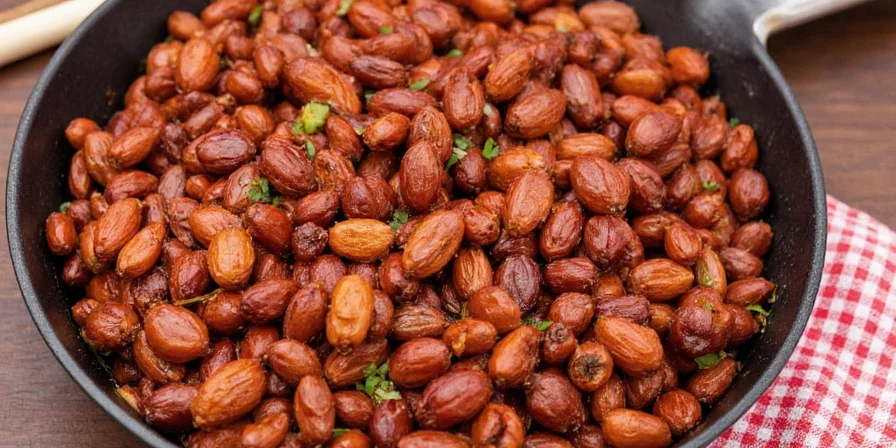
Fun Facts & Tips for Spice Lovers
- Did you know? In some parts of Mexico, eating barbacoa on Sundays is practically a religious experience.
- Try this trick: Substitute dried guajillo peppers for ancho in your next batch for a spicier twist.
- Go vegan: Mushrooms or jackfruit marinated in barbacoa-style spices make a surprisingly tasty alternative.
- Pair smartly: Pair with a bold red wine or a citrus IPA to complement the smoky notes.
- Don’t skip the sides: Corn tortillas, chopped onions, and cilantro are essential barbacoa companions.
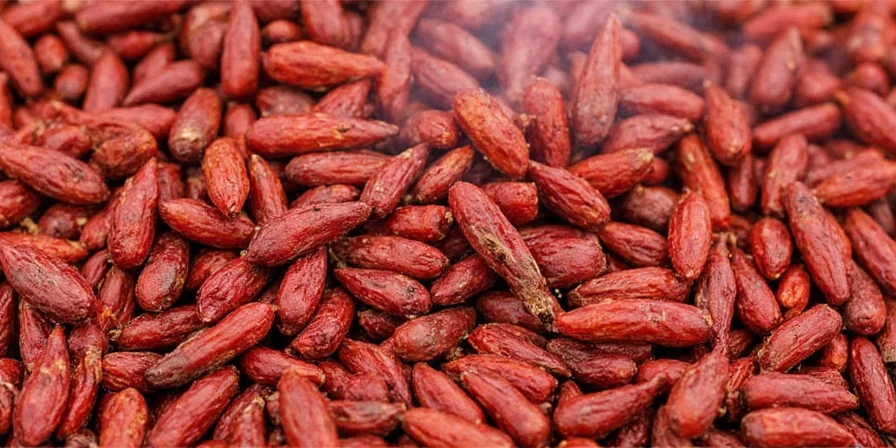
Conclusion
So what’s the real barbacoa meaning? It’s more than just slow-cooked meat—it’s a celebration of fire, time, and spices passed down through generations. Whether you’re roasting lamb in Hidalgo or smoking brisket in Texas, barbacoa brings people together around shared flavors and stories.
For spice lovers and culinary historians alike, barbacoa is a delicious bridge between past and present, local and global. So grab your apron, dust off those spices, and bring a little bit of that ancient Caribbean magic to your dinner table tonight!

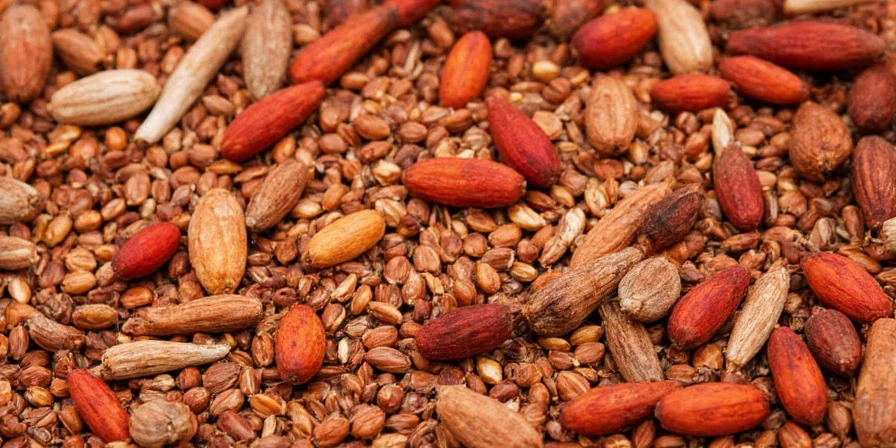









 浙公网安备
33010002000092号
浙公网安备
33010002000092号 浙B2-20120091-4
浙B2-20120091-4